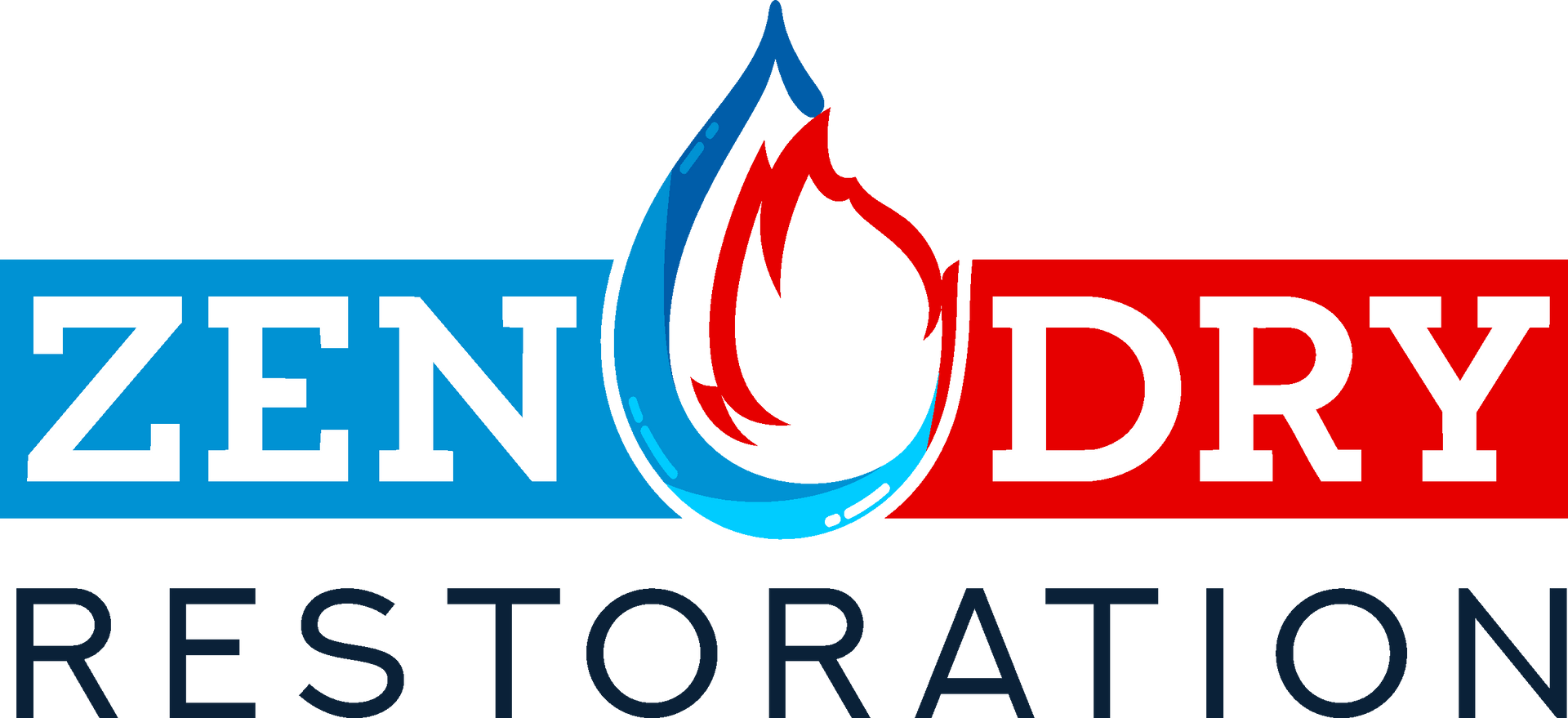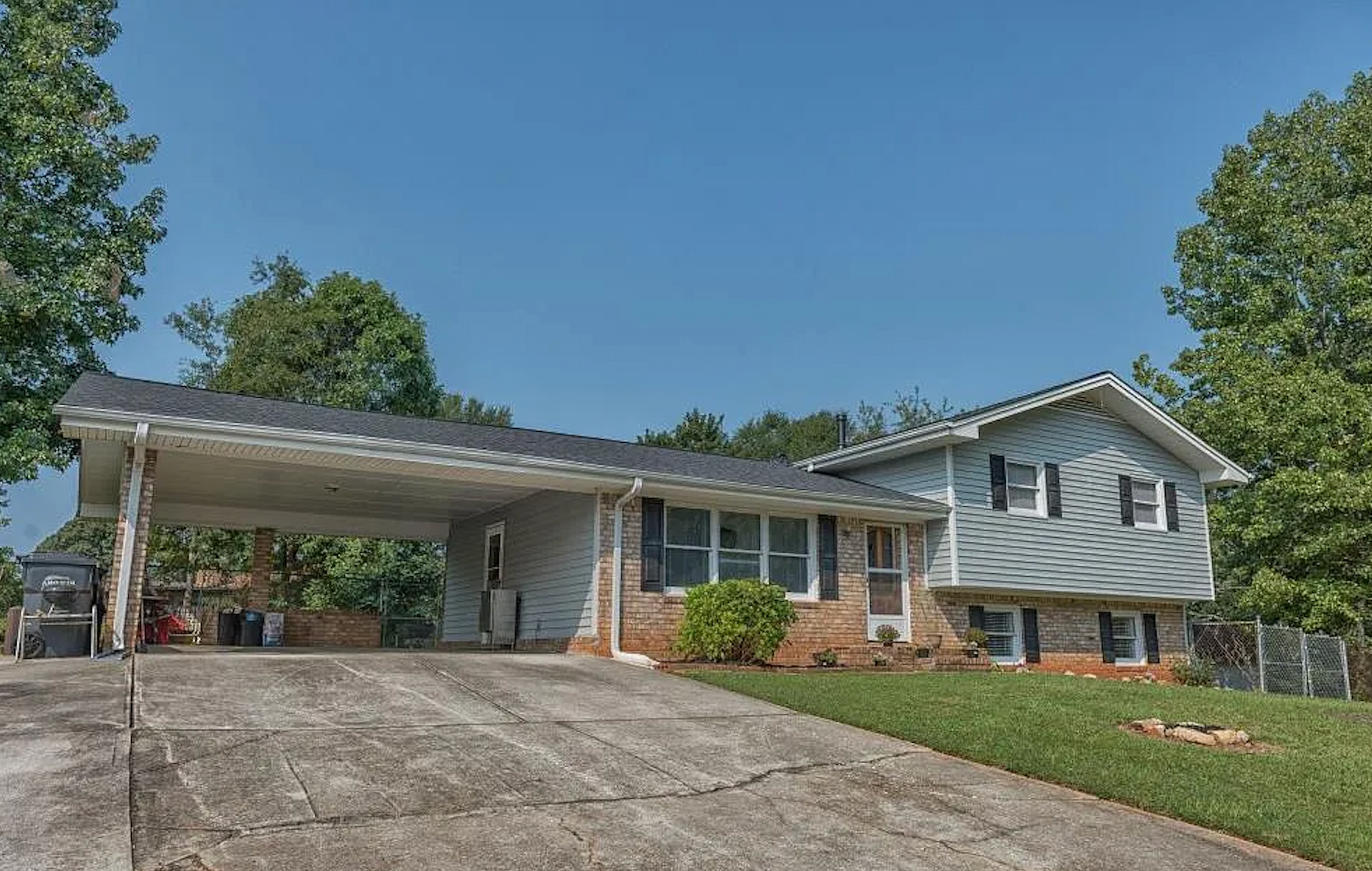10 Ways To Prevent Home Flooding & Water Damage
Intro
Floods and stormwater can wreak havoc on your home or business. If you live in a flood zone or a flood plain, the risk of flooding is increased. Consider the following ten tips to prevent a flood from occurring in the first place or to make flood cleanup easier.
Do you need help with water removal or flood damage in Marietta, GA? Call Zen Dry Restoration 24 hours a day at (678) 468-3435
10 tips to help you combat flood risk
If you're like most people, you probably think of a flood as something that only happens in places like Louisiana or Florida. The truth is, however, that homes all over the country are susceptible to flooding, and what's even more troubling is that water damage can often be just as bad – if not worse – than the damage caused by a flood. Here are ten tips to prevent home flooding and water damage.
1. Install water sensors or flood detection systems.
A water sensor is a small device that you can place in strategic locations around your home, such as in the basement, near water heaters or sump pumps, or near windows and doors on the ground level. If the sensor detects moisture, it will sound an alarm, alerting you to the possibility of water and making flood cleanup easy. You can also install a whole-house flood detection system. These systems are more expensive, but they offer the advantage of monitoring your entire home for water leaks and flooding.
2. Clear debris from drains and ditches.
If you live in an area prone to floods, keeping the drains and ditches around your home clear of debris is essential. Leaves, branches, and other debris can clog these drains and ditches, causing water to build up and eventually flood your property. Regularly cleaning out these areas can help reduce the risk of flooding. If urban development or professional cleaning is happening near your home, your drains can get clogged easily and lead to water damage.
3. Test your sump pump & get a battery backup
If you live in a high-risk area for flood water, consider investing in a sump pump. A sump pump is a small pump that is installed at the lowest point of your home, usually in the basement. The pump is designed to remove accumulated water in the sump pit. This can help prevent basement flooding. If you have a sump pump, it is vital to test it regularly to ensure it is working correctly. It would help if you also considered getting a battery backup for your sump pump. This will ensure that the pump continues to work despite a power outage.
4. Check and clean downspouts and gutters
Your gutters and downspouts play an important role in preventing flooding. They are designed to channel water away from your home. If they become blocked with leaves or other debris, they will not work correctly, and water can back up, causing flooding. It is essential to check and clean your gutters and downspouts regularly to prevent this from happening and avoid flood clean-up after a water disaster.
5. Check & seal your basement windows
If you have a basement, it is vital to check the windows for cracks or leaks. If water can get into your basement through these cracks or leaks, it can cause flooding. You can prevent this by sealing any cracks or leaks that you find by using caulk or weather-stripping. Especially if you have floors in your basement made of solid wood or another material that can be damaged by water, you want to ensure your windows are sealed.
6. Check for and seal openings in your foundation
Your home's or business's foundation is designed to keep water out. However, the concrete foundation can settle over time, and cracks can develop, resulting in major flood cleanup If water gets into these cracks and causes flooding. You can prevent this by regularly checking your foundation for cracks or leaks and sealing them with caulk or weather-stripping.
7. Improve drainage around your home
If you live in an area prone to flooding, it is important to ensure that the water has somewhere to go when it rains. One way to do this is to improve the drainage around your home. This can be done by installing French drains, drain tiles, or other drainage systems around your residence. By improving drainage, you avoid mold growing in your home from water damage by ensuring the area can quickly dry out.
8. Keep sandbags nearby
Sandbags can be used to help prevent flood water from entering your home. They can also be used to help hold back water if there is already flooding. Sandbags will prevent sewage, flood waters, mold, and more from coming into your home during a flood. If you live in an area susceptible to this, it is a good idea to keep sandbags on hand and be prepared.
9. Install flood skirts and barriers.
If you are concerned about flooding, you can install flood skirts or barriers around your home. These are designed to help prevent water from entering your home by sealing off doors and windows, making flood cleanup unnecessary.
10. Inspect and upgrade drains
If you live in an area prone to flooding, regularly inspect the drains, pipes, and other infrastructure. This will help ensure they are in good working condition and can handle the increased water flow during a flood. If you find that any of these items require repair or replacement, it is crucial to do so as soon as possible.
Following these tips can help reduce the risk of flooding and water damage to your home. However, it is essential to remember that even if you take all of these precautions, there is still a chance that your home could become flooded. If this happens, it is crucial to contact a professional restoration company to begin the cleanup and restoration process as soon as possible.
FAQ
How are floods cleaned up?
After a flood, it is crucial to contact a professional restoration company as soon as possible. They will be able to assess the damage and begin the process of cleaning up and restoring your home. By using techniques such as water extraction and dehumidification, they can remove the flood water and prevent further damage. During times like this, flood insurance also ensures that everything is covered and helps you avoid paying hefty sums of money to repair water damage.
How do you remediate water?
The first step is always to identify and stop the source of water infiltration. If the problem is a burst pipe, shut off the main water valve to your home immediately. Once you have eliminated the water flow, you can assess the damage and begin cleanup and repair. If you have standing water in your home, removing it as quickly as possible is vital to prevent further damage and health hazards by contacting a professional.
Where to find flood remediation service in Marietta, GA?
If you've been affected by a flood, finding a reputable and qualified flood remediation service is vital to help you clean up and restore your home. Zen Dry is a trusted local company in Marietta, GA, that provides professional water damage restoration services. They are certified by official government organizations and up-to-date on the latest training, so you can ensure that your home is in good hands.







